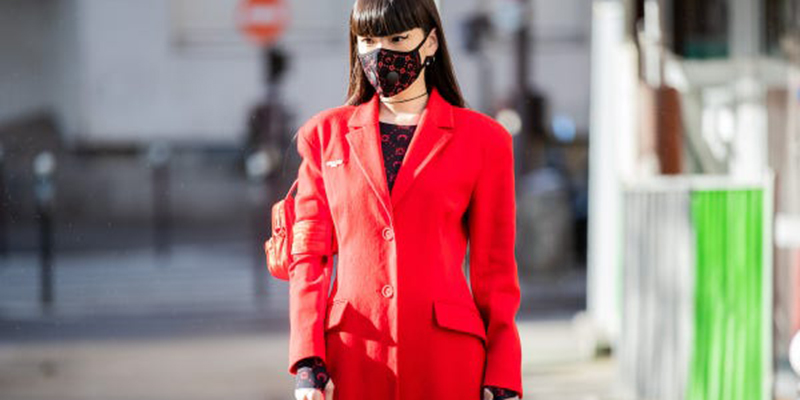Latest update
World Health Organisation (WHO) has upgraded COVID-19 global outbreak to pandemic status. A pandemic is defined as a disease that spreads in multiple countries around the world at the same time. WHO is not changing it’s advice about what countries should do.
Schools and university were shut from March 8 for four weeks to give staff time to deep clean the facilities, while student continued their education with distant learning initiative.
Public MoE schools will start distance learning initiatives in the last two weeks of the holidays. Private schools are encouraged to share their distance learning plans with parents & students. pic.twitter.com/Qk5uqHoazv
— وزارة التربية (@MOEducationUAE) March 3, 2020
Minister of Health and Prevention announced that UAE is creating a medical facility for coronavirus patients. There has been a total of 74 reported cases in the UAE so far.
Media briefing on #COVID19 with @DrTedros. #coronavirus https://t.co/aPFXT3ex5y
— World Health Organization (WHO) (@WHO) March 11, 2020
It emerged in China’s Hubei Province late last year infecting thousands, with death toll rising. Believed to have originated in a seafood wholesale market in the city of Wuhan, the World Health Organisation (WHO) is considering declaring the outbreak a public health emergency of international concern. Arming yourself with correct information is one of the best things you can do to prevent the spread of the virus.
What is it?
Coronaviruses are a large family of viruses that can infect your nose, sinuses and upper throat. Classified as zoonotic, which means they are transmitted between animals and people. While most coronavirus strains only cause mild flu-like symptoms during infection – the common cold, for example – others such as Severe Acute Respiratory Syndrome (SARS) can morph into a pandemic.
How does it spread?
Most commonly it is passed down from an infected person to another via air, either though coughing or sneezing. Close personal contact can also pass the virus, for example shacking hands.
The symptoms
Reports vary, with some infected individuals displaying mild signs of a flu or cold, while other have contracted viral pneumonia which is difficult to treat. It is hard to judge whether you have a flu or coronavirus without testing, but in most cases documented, a fever seems to be the most prominent symptom. You should also look out for signs like shortness of breath, breathing difficulties and body aches. According to existing cases, those who have a stronger immune system have better chances of recovery. Those who have died are known to have suffered from existing health issues.
في حال طلب أي دعم أو استفسار طبي يرجى التواصل على الأرقام الموضحة أعلاه
For medical support or inquiry please contact the above numbers#معاً_سنهزم_كورونا#فيروس_كورونا_المستجد #كوفيد19#together_we_will_win_covid19#coronavirus#covid19#mohap_uae pic.twitter.com/7qEwi5n6B6
— وزارة الصحة ووقاية المجتمع الإماراتية – MOHAP UAE (@mohapuae) March 11, 2020
How can it be treated
At present there is no specific remedy for the virus and no vaccine that prevents it. Doctors advice to treat symptoms with cold and flu medicine, specifically for sore throat and fever. They also recommend rest and plenty of fluids. Try not to panic, and contact your GP if you are showing symptoms.
Prevention
Basic hygiene plays a key role in prevention. Wash hand thoroughly with warm soapy water, have anti-bacterial wipes and gels with you, avoid close contact with people who have the infection and avoid touching your eyes, nose and mouth.
View this post on Instagram
Cases in the UAE
The Ministry of Health and Community Protection are closely following the situation in a way that guarantees the health and safety of everyone. Dubai and Abu Dhabi airports are monitoring passengers on arrival and you can go behind the scenes with YouTuber Khalid Al Ameri to learn more about what UAE is doing to prevent the spread of COVID-19.
Images: Twitter, Instagram











